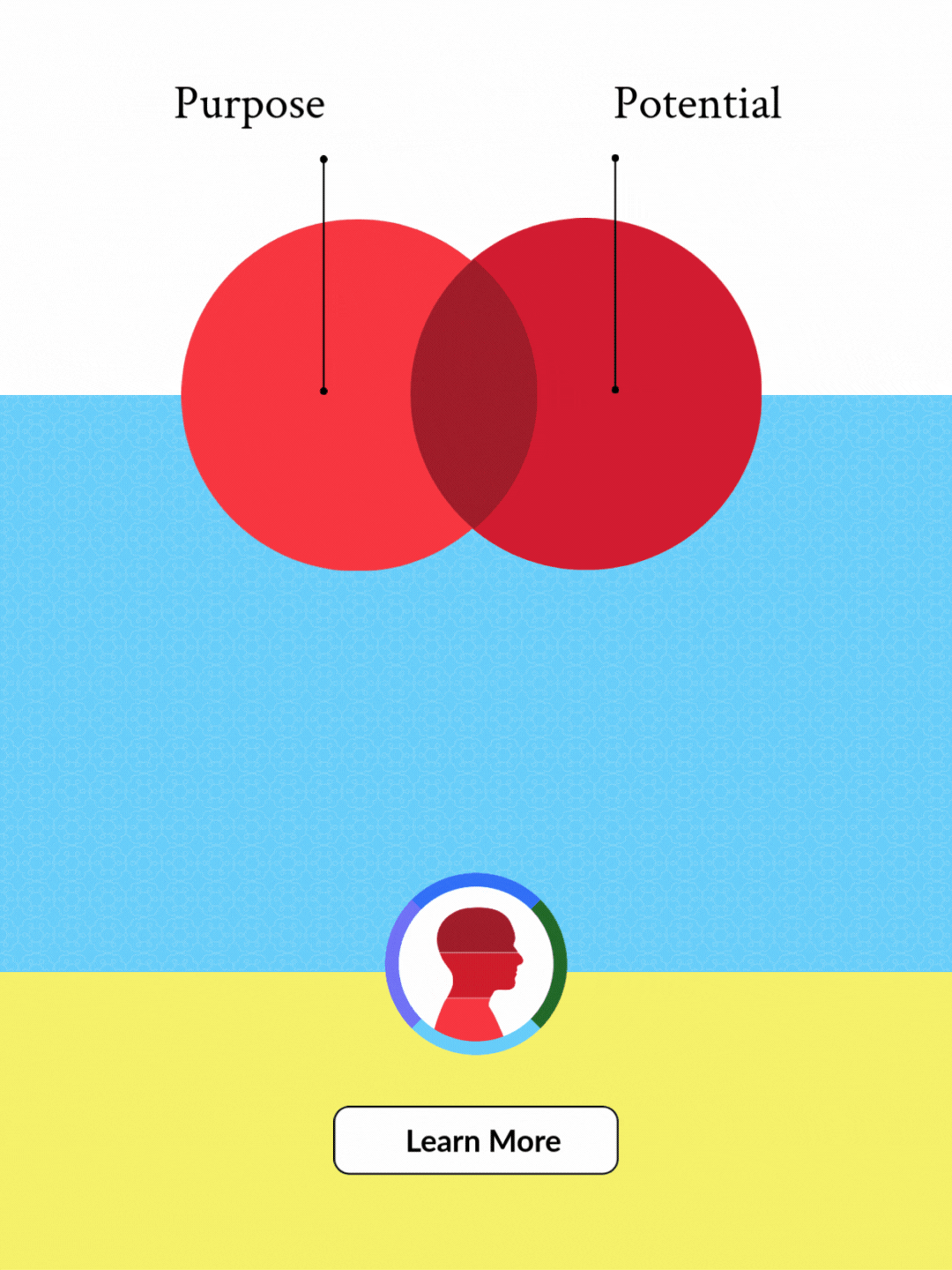What are most companies getting wrong about learning and development? Is corporate learning still about developing people, or has it devolved into just another tool for increasing productivity?
In this episode of The Interruption Podcast, titled “Anti-Learning is Causing a Corporate Dark Age”, Chandran Nair, Founder and CEO of the Global Institute For Tomorrow (GIFT), talks about the rise of an “anti-learning” culture in today’s corporate world—what has led us here and why it matters now more than ever in an age defined by complexities, existential risks, and constant disruptions.
Transformative learning is rarely comfortable. It demands a willingness to see the world as it is—not as we would prefer it to be.
“
Learning is misunderstood
Too many corporations today have stopped investing meaningfully in learning and development that truly cultivates people, not just as professionals, but as thoughtful members of society. Most senior leaders fundamentally misunderstand what learning should be. Having risen through the ranks by delivering on often narrowly defined performance targets, they have come to see learning as little more than a lever to increase employee productivity.
Traditional business schools and executive education have long reinforced this reductive view, shaping leaders who can speak confidently about global issues without meaningfully engaging with their underlying complexity. The outcome is a pervasive “anti-learning” culture, one that privileges superficial knowledge over depth and marginalises the development of independent, critical thought.
The pitfall of “democratised learning”
Democratised learning, while not without merit, carries unintended consequences. An overemphasis on personal choice—framed as empowerment—has allowed many to sidestep the deeper, more essential learning they truly need. What was meant to broaden horizons has too often devolved into curated convenience. Difficult, complex, and sometimes uncomfortable topics are quietly sidelined in favour of what is easy and popular. The result is a learning culture that flatters rather than challenges, and in doing so, undermines the very purpose of development.
Transformative learning is rarely comfortable. It demands a willingness to see the world as it is—not as we would prefer it to be.
AI can amplify, rather than solve, the learning crisis
The notion that AI will accelerate organisational learning has become a modern corporate cliché. In reality, the opposite is often true. True learning requires reflection, discernment, and intellectual struggle. But in the rush for efficiency, many have stopped engaging with ideas altogether, relying instead on pre-packaged answers.
When human beings cease to think for ourselves—when we no longer learn through observation, experience, or critical engagement—organisational knowledge stagnates.
AI, for all its inference and reasoning, is built on a foundation of human insight. If we do not replenish that well through real learning, we risk getting trapped in a world of recycled thinking. AI is a tool, not a teacher. And unless organisations invest in cultivating a genuine learning culture, the promise of AI will remain a hollow one.
***
As organisations grapple with growing complexity and uncertainty, the risks of sidelining essential human capacities—cognition, resilience, and sound judgement—are profound. The path forward lies in reclaiming learning as a cornerstone of wiser leadership that values intellectual rigour as deeply as it does productivity.
Watch the entire The Interruption Podcast series here ⇢
Chandran Nair
Chandran is the Founder and CEO of the Global Institute For Tomorrow (GIFT), a pan-Asian think tank dedicated to helping organisations navigate global complexities. His work focuses on the shift of economic and political influence to Asia, the evolving role of business in society, and the transformation of global capitalism.





